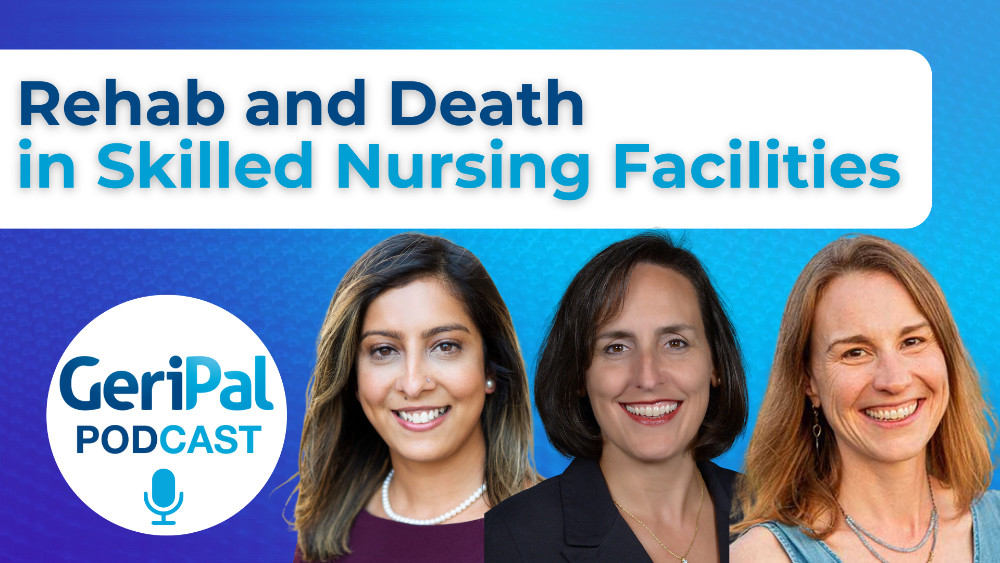
“For those of you who haven’t yet heard, I have recently been diagnosed with Stage IV inflammatory breast cancer. This rare form of breast cancer is known for its rapid spread. True to form, it has metastasized to my spine. This means my time is limited. As a nurse, I knew it from the moment I saw a reddened spot on my breast and recognized it for what it was.”

This is the opening paragraph to a deeply moving and powerful blog post written byAmy Berman at Health AGEnda. Amy’s story is compelling, in part because of her perspective both as a patient and as a leader in nursing and geriatrics (she currently is a senior Program Officer at the John A. Hartford Foundation, and was previously the director of the Hartford Institute for Geriatric Nursing at New York University College of Nursing.)
The post chronicles part of her journey through a health care system that is overwhelmingly fixated on survival, often to the detriment of the patients it attempts to care for. It is a system where there is only cursory attention paid to quality of life, and no real attempt to make decisions based on what is important to the patient. Amy’s piece gives us a window into what patients with incurable illnesses must face when they confront such as system, and for that, I thank her.
Amy Berman’s post ends with a call to action – one that I hope we all take:
What about the millions of older Americans facing a terminal illness or chronic disease? How can they possibly stand up to the juggernaut of our health system and say, “No. I want care that focuses on my goals, care that is centered on me.” We need to make it easier for everyone to obtain care that fits their health care goals. How can we change the system and the measurement of quality to place the patient at the center? I call on everyone involved in health care practice and reform efforts to give serious thought about how we can reorient our health care system toward patient-centered care
I encourage you to read the entirety of her post and act on it. At the very least, send it to your loved ones, send it to your colleagues, and send it to your congressman.
by: Eric Widera



